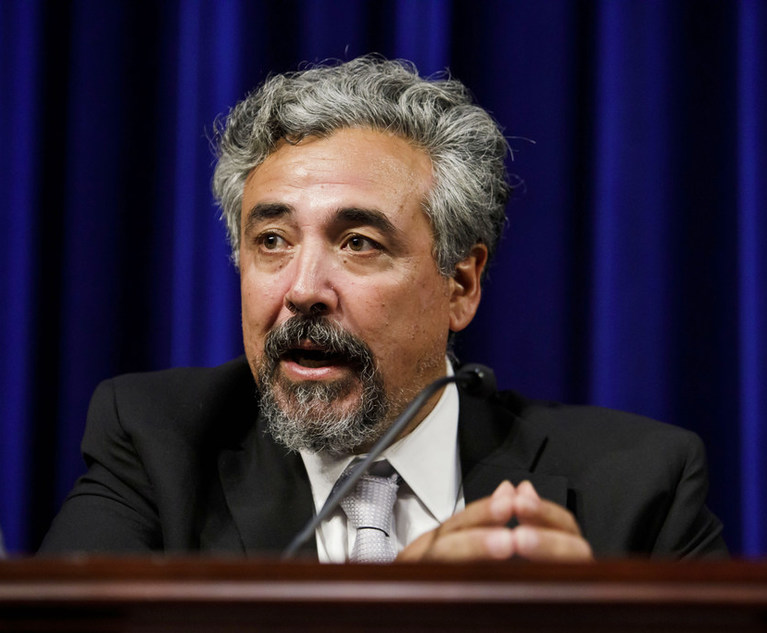Listen to the article
In a candid discussion about legal journalism, former U.S. Solicitor General Noel Francisco cautioned against excessive political framing of legal issues, warning that such approaches can breed misinformation and undermine public trust in the judicial system.
Speaking at a recent legal forum, Francisco emphasized that when media outlets cover court decisions primarily through a political lens, they often miss the nuanced legal reasoning that drives judicial outcomes. “When every Supreme Court decision is portrayed as either a conservative or liberal victory, we lose sight of the legal principles at stake,” Francisco noted.
Francisco, who served as Solicitor General from 2017 to 2020 under the Trump administration, argued that legal journalism should focus more on explaining the constitutional and statutory interpretations that form the foundation of court rulings. During his tenure, Francisco represented the federal government before the Supreme Court in numerous high-profile cases, giving him firsthand experience with how media coverage can shape public perception of legal proceedings.
The overemphasis on politics in legal reporting has accelerated in recent years, coinciding with increasing polarization across American society. This trend has been particularly evident in coverage of the Supreme Court, where decisions are frequently characterized as victories for one political side rather than as interpretations of law.
Media analysts point to several factors driving this phenomenon. The 24-hour news cycle and competition for audience attention encourage outlets to frame complex legal issues in simplified, politically charged terms that resonate with their target audiences. Social media platforms further amplify these tendencies, rewarding provocative content that generates engagement rather than nuanced legal analysis.
“When legal journalists prioritize political narratives over substantive legal reasoning, the public develops misconceptions about how courts function,” said media ethics professor Janet Harrington from Georgetown University. “This can lead to a perception that judges are merely political actors in robes, which undermines the legitimacy of the judicial system.”
The consequences of this trend extend beyond public perception. Legal experts suggest that politicized coverage can influence how attorneys frame arguments, how judges write opinions, and even how law students understand their future profession.
Francisco’s comments come at a time when trust in American institutions, including the judiciary, has declined significantly. According to recent polling by the Pew Research Center, only 54% of Americans express confidence in the Supreme Court, down from 70% a decade ago.
Some legal publications have responded to these concerns by developing specialized beats focused on explaining legal reasoning to non-lawyers. These efforts aim to demystify court proceedings and help readers understand the jurisprudential principles that guide judicial decision-making.
“The best legal journalism illuminates rather than inflames,” said David Lyle, editor of the Constitutional Law Quarterly. “It helps readers understand why a court ruled as it did, regardless of whether the outcome aligns with their political preferences.”
Francisco acknowledged that political considerations inevitably influence legal interpretations to some degree, particularly in cases involving controversial social issues. However, he maintained that most judicial decisions stem primarily from established legal doctrines rather than partisan motivations.
“Judges and justices take their oath to uphold the Constitution seriously,” Francisco said. “Reducing their work to political scorekeeping does a disservice to the legal profession and to the public.”
Media observers note that improving legal coverage requires efforts from multiple stakeholders. News organizations must invest in reporters with legal expertise and provide them with the time needed to explain complex cases accurately. Legal professionals, meanwhile, can contribute by making themselves available to journalists and communicating in accessible language.
As contentious legal battles continue to shape American society, Francisco’s call for more substantive legal reporting highlights the vital role journalism plays in fostering an informed citizenry capable of understanding and engaging with the judicial system.
Fact Checker
Verify the accuracy of this article using The Disinformation Commission analysis and real-time sources.



